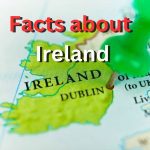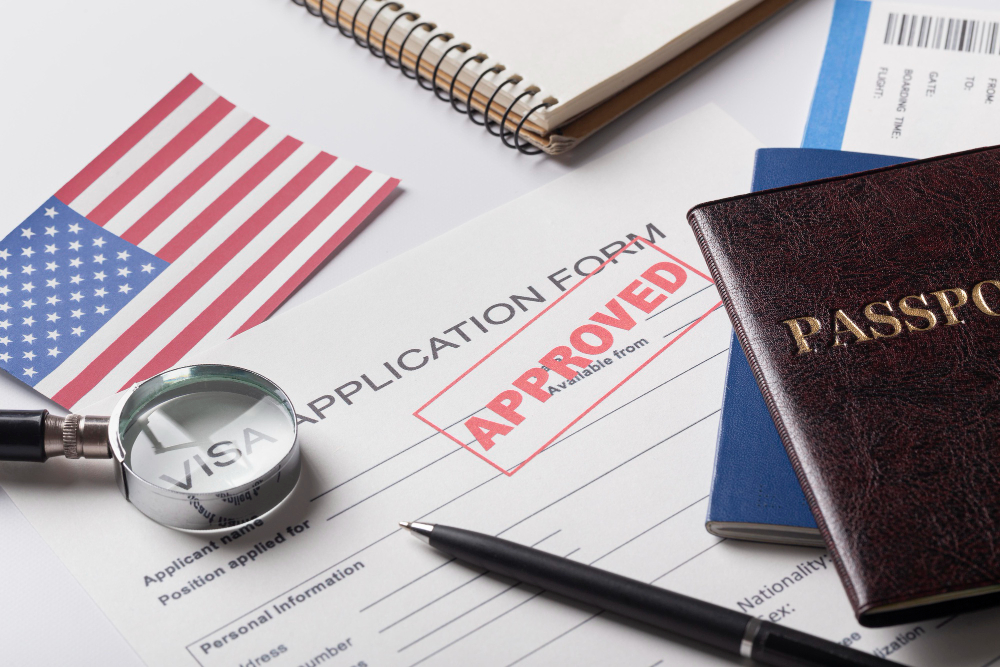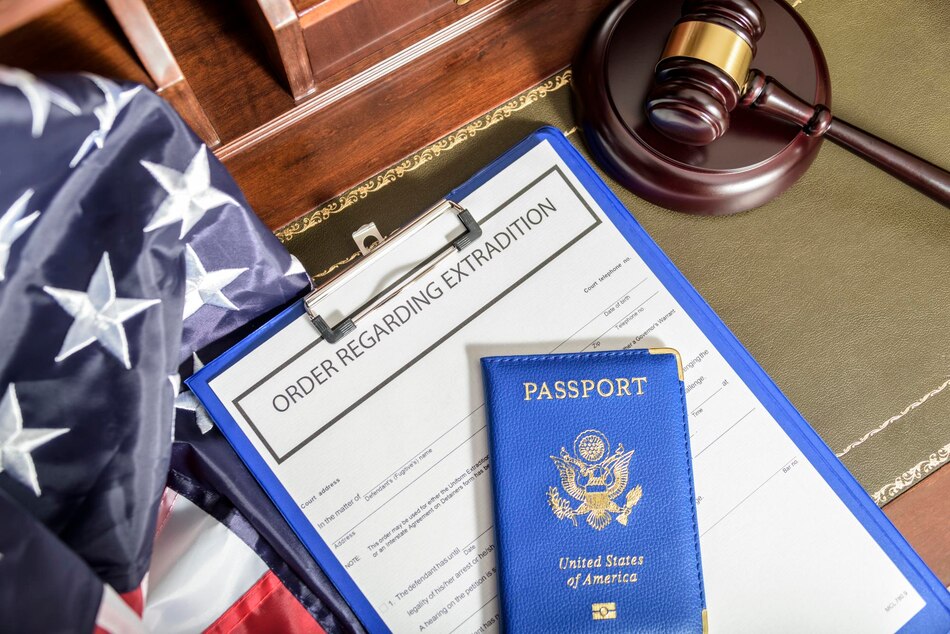English is widely spoken and those that live on the Emerald Isle are friendly and welcoming. The country has one of the highest standards of living in Europe and thanks to its well-connected geographical location and low corporation tax rates, an impressive number of multinational companies have European headquarters in the country, providing a wealth of opportunities.
Famous for its history and folklore, working in the country you’ll be able to take advantage of everything that the lush green landscapes and metropolitan cities have to offer, and maybe indulge in a Guinness or two.
Job market in Ireland
The service sector dominates the job market. Opportunities can be found in a number of major industries including the growing technology sector, where the demand for IT workers is high, and thanks to Ireland’s rising popularity as a holiday destination, the hospitality and tourism industry are in need of both skilled and casual workers.
The country is also home to several multinational companies, including:
- Apple
- Facebook (Meta)
- Microsoft
- Ryanair
Competition for skilled jobs is fierce and your chances of securing work will increase with relevant work experience and third-level qualifications. In general work will be easier to come by in major towns and cities such as Cork, Dublin and Galway. While the capital city of Dublin is known to be relatively expensive, the cost of living is cheaper than other major European cities such as Copenhagen, London, Paris and Zurich.
Look for job vacancies at:
Skill shortages
The Irish economy has skills shortages in a number of areas including:
- Business and finance – accountants, business intelligence analysts, financial advisers, risk and compliance professionals
- Engineering – biomedical engineers, chemical engineers, electrical engineers, energy engineers
- IT – app developers, data analysts, software developers, IT support specialists, programmers
- Healthcare – doctors, nurses, pharmacists, opticians, radiologists, health managers and directors
- Hospitality – chefs
- Natural and social science professionals – scientists in food manufacturing and medical laboratory scientists.
How to get a job in Ireland
You can start applying for jobs in Ireland before heading to the country. While it isn’t essential for you to secure a job before arrival, researching, searching and applying for jobs from your home country may give you a head start in the hunt for work.
Application and interview processes are similar to those in the UK. You’ll search for vacancies online, in the press and via your networks and contacts and apply for positions with either a CV and cover letter or an online application form. If your application is successful you may be invited for a formal interview.
There may be multiple interview stages. Some recruiters may first offer you a phone interview, and if successful you could then be invited to a face-to-face meeting. You may also have to pass an assessment day/centre for some jobs.
Your CV should be one to two pages long; it’s a good idea to include your level of English proficiency if it is not your first language and details of any other languages spoken.
Summer jobs
Due to the country’s busy tourism industry summer, seasonal and casual jobs shouldn’t be hard to come by. Once again your chances of securing such roles will increase in the bigger towns and cities.
Temporary jobs can cover everything from cleaning and promotions, to teaching and hospitality work.
Look for summer and seasonal work in Ireland at jobs.ie – Summer Jobs.
Volunteering is another great way to boost your CV and show prospective employers that you are dedicated to learning and improving your skills. Volunteer Ireland, the country’s single national volunteering organisation, assists people who want to help out across the country.
Make sure you thoroughly research all volunteering opportunities and always check the terms and conditions before committing yourself to a scheme.
9. Ireland Immigration – Intro
Over the past decade The Republic of Ireland has become a highly popular immigration destination. Due to Ireland’s relatively strong economy, and an immigration system designed to make it easy for highly skilled immigrants to work in the country, there has never been a better time to apply for an Irish visa.
As a member of the European Union, Ireland does not require citizens of EU member states to hold visa to enter the country. However, immigrants from outside of the European Economic Area will need a visa to visit, work, or study in Ireland.
Ireland’s immigration system is not points based, and instead is geared towards allowing migrants with the skills and expertise needed by the Irish economy to get a visa with ease.
Please note that Northern Ireland is separate from the Republic of Ireland, and comes under the immigration rules of the United Kingdom. Please see our UK Immigration page for further details.











